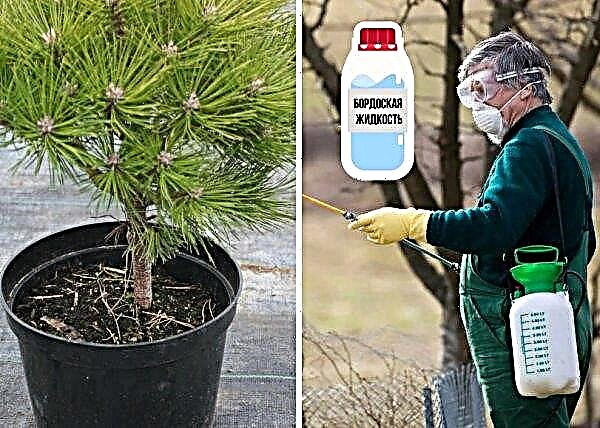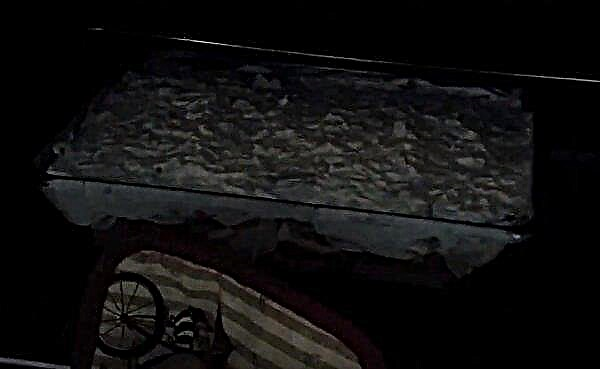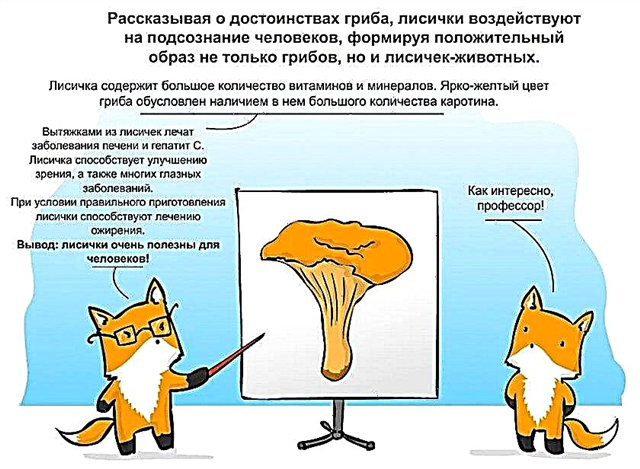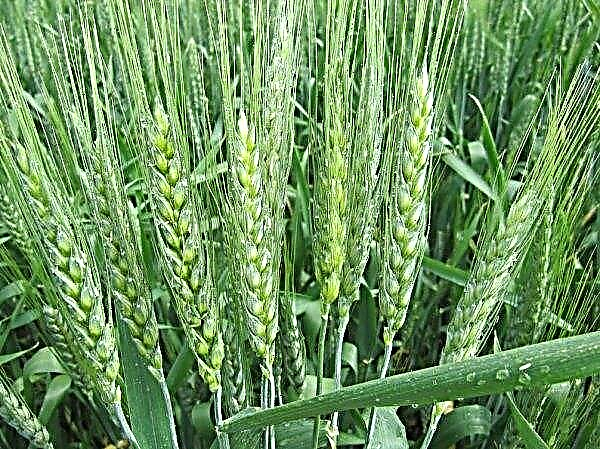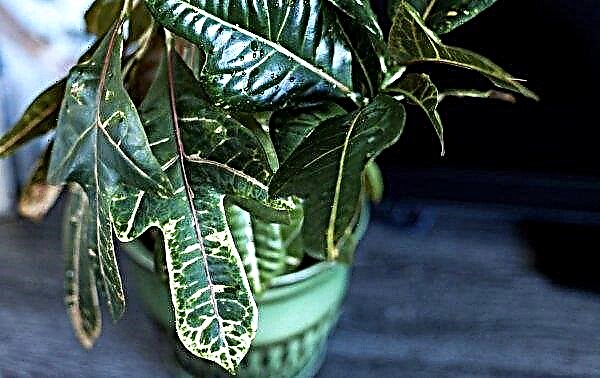Tomato yellow leaf curl disease (TYLCD) is the most devastating tomato disease, causing severe damage to crops around the world and resulting in large economic losses. To combat this disease, many farmers prefer the intensive use of insecticides.
However, this practice is often ineffective and adversely affects the environment and human health.
In addition, some farmers grow TYLCD resistant varieties of TYLCD, but these hybrid varieties are often tasteless and poorly matched to the strong taste of traditional tomatoes. As a result, there is a need for effective and environmentally friendly control measures to prevent ongoing widespread damage to TYLCD, as well as other plant viruses.

To meet this requirement, a team of scientists from the Spanish Council of Scientific Research (IHSM UMA-CSIC) conducted field and greenhouse trials for three consecutive years and found two environmentally friendly alternatives to insecticides.
First, they found that protecting tomato crops with UV blocking plastics reduces TYLCD damage. Secondly, they found that the use of the salicylic acid analogue to enhance tomato plant protection was also effective in reducing the losses associated with TYLCD.

To achieve the most effective results, the team recommends that farmers combine both control practices. These methods are offered for commercial use in open ground or on protected tomato crops. These results also suggest the possibility for the future discovery of environmentally friendly virus control strategies.

